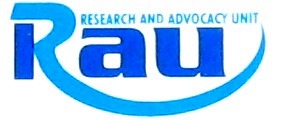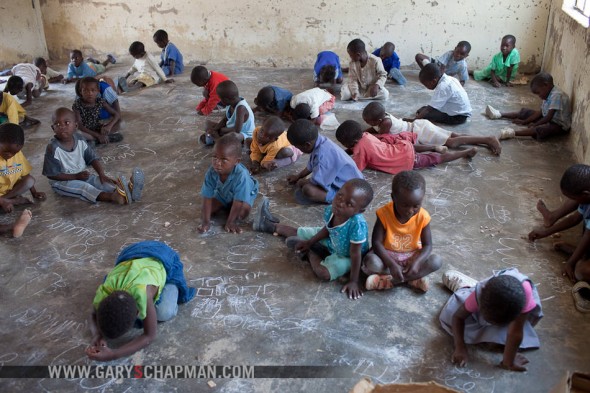
The International Day in Support of Victims of Torture was created by the United Nations to end torture and raise awareness of an international convention, which went into effect on June 26, 1987 after it had been ratified by 20 states.
In support of victims of torture around the world, this year’s theme honors the “Right to Rehabilitation,” assured in Article 14 of the Convention Against Torture. This right entitles survivors to long-term holistic medical, psychological, legal and social services. Access to these resources is vital to healing the lives of those who have suffered and ensuring their safety and inclusion in society. To truly restore hope to the victims of torture, this year’s focus on rehabilitation must be more than a slogan, but honored with concrete actions to guarantee these rights are implemented.
As the world observes this day of solidarity, I pause to reflect on the Zimbabwean 2008 elections when human rights activists and opposition supporters were targeted and tortured for their political affiliation. I believe the year will be remembered by many as the darkest year in the history of Zimbabwe since independence.
I was present in Zimbabwe during that fateful year and watched powerlessly as my fellow human beings were subjected to some of the most degrading treatments. Examples of these abuses were reported by international media like Dateline, an Australian current affairs news program. Some supporters of the opposition party were held at a torture camp known as Matapi Base in Mbare—a township on the outskirts of Harare—where they endured beatings on a daily basis. There were 328 cases of torture alone by August of that year. The wave of violence that engulfed the country left many with permanent physical and psychological scars.
Those who lived to tell the stories of their ordeals were left in a state of constant fear due to intimidation from their victimizers. Many among the victims are yet to find rehabilitation for the abuses they were subjected to.
In the following video produced by WITNESS and our partner in Zimbabwe, Research and Advocacy Unit, one survivor tells her story of the sexually based violence she and many other women and girls endured in the last election. Targeted and raped for her political activism, her struggle to cope with the trauma of her experience stresses the urgency of focusing on rehabilitation for victims and their families.
We can no longer afford to stay quiet when our Zimbabwean brothers and sisters are faced with uncertainty. As Zimbabwe prepares for the next election in August, we must stand in solidarity with them by persuading decision makers (both local and international) to put necessary mechanisms in place that will ensure survivors’ right to rehabilitation and to elections free from torture.
This Blog is reposted from the witness website, the original can be found on
http://blog.witness.org/2013/06/as-zimbabwes-2013-elections-approach-a-call-for-the-end-to-torture/


